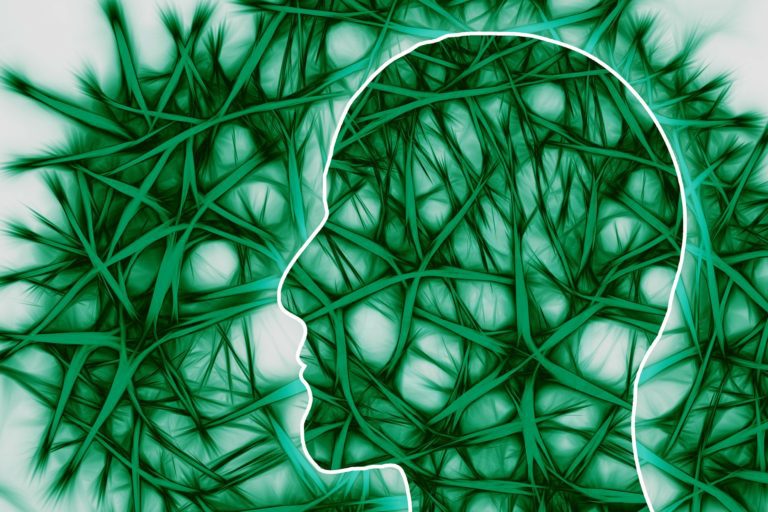Researchers are learning more and more about how cannabis can be used to treat different medical conditions and alleviate symptoms. But have you ever wondered how that works?
It has a lot to do with cannabinoid receptors in the brain and body, which can be activated by THC and CBD from cannabis.
Despite this communication, these receptors weren’t specifically designed to process cannabis. Rather, they are meant to work in conjunction with our endocannabinoid system (ECS) to maintain balance in the body.
Keep reading to learn how these receptors function and interact with medical cannabis.
What Are Cannabinoid Receptors?
Cannabinoid receptors are cell membrane receptors that can be found throughout the brain and body. They are an integral part of our endocannabinoid system (ECS), which is a key communicator within the body and regulates the functioning of many systems.
In fact, dysregulation of the endocannabinoid system can disrupt homeostasis and impact communication between the brain and body.
How Do They Work?
When naturally-produced chemicals, known as endocannabinoids, bind to and activate cannabinoid receptors, they affect many important functions, including feelings, movements, and reactions.
Like these endocannabinoids, THC and CBD cannabinoids from cannabis can also stimulate the receptors and act on different parts of the body and brain.
What Are the 2 Types of Cannabinoid Receptors?
Cannabinoid Receptor 1 (CB1) receptors are found in the brain, nervous system, lungs, liver, and kidneys.
THC’s ability to bind to these receptors can have wide-reaching effects, including alleviating pain, nausea, and depression.
Cannabinoid Receptor 2 (CB2) receptors are abundant in the immune system, spleen, and GI system.
When CBD from cannabis acts on CB2 receptors, it’s able regulate appetite, inflammation, and pain management.
The interactions between THC and CB1 receptors and CBD and CB2 receptors offer an explanation of medical marijuana’s therapeutic effects.
Researchers continue to study how cannabis communicates with these receptors in order to provide additional treatment options for various physical and psychological ailments.
To learn more about cannabinoid receptors and the effects of medical marijuana in Southern Maryland, please contact Dispensary Works today.


